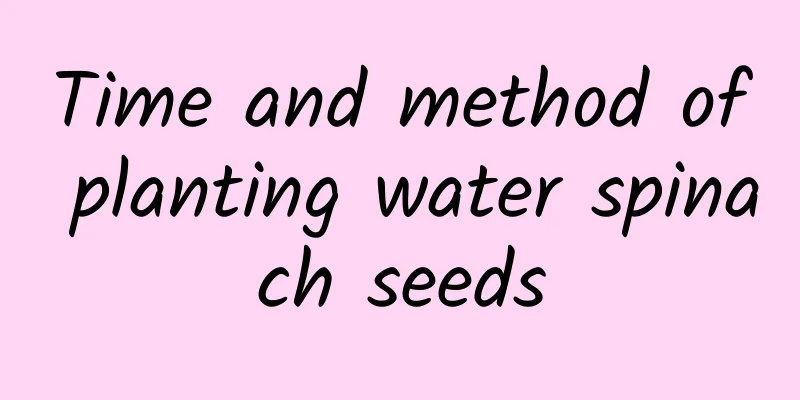When is the best time to harvest ginseng?

Ginseng Harvest TimeGinseng is best harvested when the temperature is around 15 degrees, so its harvesting time is generally from the end of August to the end of September, when more ginseng can be harvested. When harvesting, you need to be careful not to break the ginseng roots or expose it to direct sunlight. After harvesting, you must transport it to the factory for processing as soon as possible. Ginseng OriginGinseng is produced in Liaoning, Jilin, Heilongjiang, Hebei, Shanxi and Shandong. The time of maturity and harvesting varies depending on the planting location. If it is from the ginseng area in Jilin Province, the best time to harvest is mid-September. If it is from the ginseng area in Liaoning, the best time to harvest is early September. The climate in the same production area is different, and the harvest time is also different. If it is a warm year, ginseng will wilt late, and the harvest time will be late. If it is a cold year, ginseng will wilt early, and the harvest time will be early. Ginseng Planting Time and Key Points1. Planting time Ginseng can be sown and planted from April to May every year, but the ginseng seeds need to be germinated before planting. That is, in February and March, the healthy and full-grained seeds should be soaked in clean water, buried in sandy soil, and wait for the seeds to germinate before sowing. 2. Planting soil Ginseng is suitable for planting in soil that is rich in organic matter and has good drainage. During the planting process, loose and fertile humus soil can be provided as the base soil. The soil can also be renovated before and after planting to improve the soil's air permeability. 3. Planting method When planting ginseng, you can evenly sow the germinated seeds in the soil and cover them with fine soil. After sowing, you can water the soil thoroughly to wet all the soil so that the ginseng seeds can germinate and grow as soon as possible. 4. Post-management In the later process of managing ginseng, it is necessary to provide it with decomposed farmyard manure or nitrogen, phosphorus and potassium compound fertilizer once every month to increase the growth rate of ginseng. After ginseng blooms, it is also necessary to cut off excess flower buds in time to help the plant save nutrients. |
<<: When is Northeast garlic harvested? What month is the harvest season?
Recommend
How does Purple Pearl survive the winter?
temperature If your purple pearl plant has grown ...
Cultivation methods and precautions of Hellebore
How to grow Hellebore temperature Hellebore prefe...
Yellow claw planting time and method planting steps and management techniques
Cucumber planting time Cucumbers are suitable for...
Fungus cultivation technology and cost
Wood ear is an edible fungus and also a good heal...
What is the reason why the leaves of the fragrant wood turn yellow and fall off?
Known for the fresh aroma of its flowers, the osm...
The difference between azalea and rhododendron
1. Origin The Western rhododendron has a special ...
The flower language of Jade Lilac: Elegant, solemn, gorgeous
The Rarity of Jade Clove Simple but not tacky, go...
How many years does the fire ginseng fruit bear fruit?
Introduction to planting fire ginseng fruit The f...
What to do if the roots of Ice Lantern Jade Plant rot
Causes of root rot Overwatering Water is the sour...
What soil is suitable for roses?
1. What kind of soil is suitable 1. Breathability...
Difference Between Rose and Eustoma
1. Different flower varieties Eustoma belongs to ...
Why doesn't Gloxinia bloom? How to make it bloom faster?
1. Solution to the problem of Gloxinia not bloomi...
Planting methods and precautions for lily of the valley
To plant lily of the valley, you need to use the ...
Hydroponic spiderwort protects Virgo
Hydroponic spiderwort Needless to say, hydroponic...
What to do if the axe-leaf peperomia grows too tall
Insufficient light Axe-leaf peperomia has the hab...









